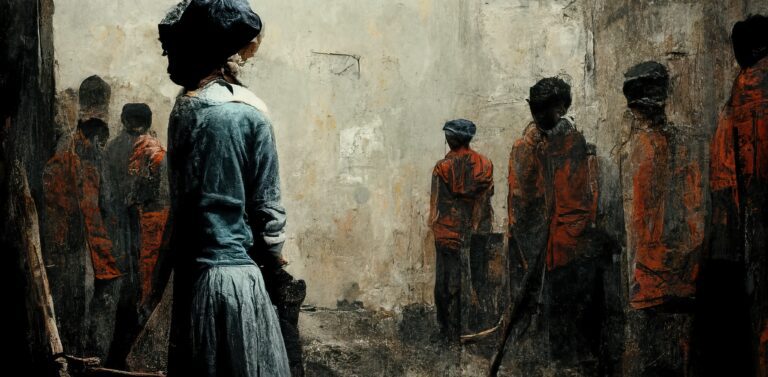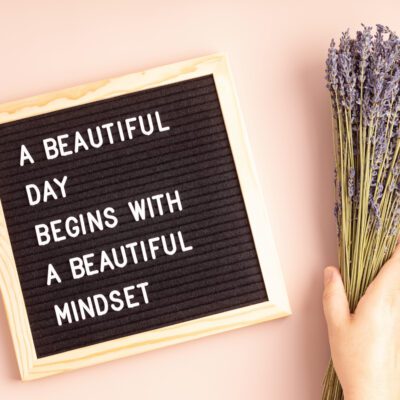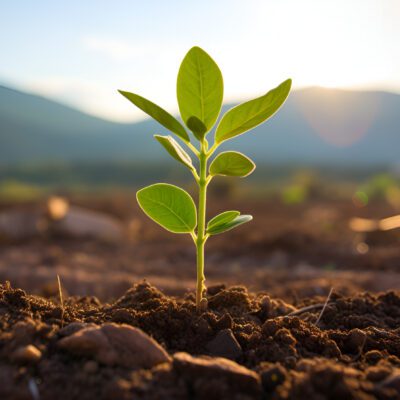Find Hope Amidst Hardships: Va’eira Reveals Insights for Modern-Day Struggles
Over the past three years, I’ve been struck by the multitude of articles the Wall Street Journal has dedicated to addressing the drug addiction problem in our country. Much like the WSJ, other newspapers echo similar narratives, highlighting a problem that demands widespread attention. The statistics are staggering drug overdoses claim over 100,000 lives annually, with an estimated 37 million Americans using illicit street drugs. And that’s just street drugs – one in four individuals is prescribed a mental health medication.
The drug problem in America can be traced back to two major causes: dependency on painkillers following medical procedures and distress stemming from an inability to cope with life’s challenges. In our contemporary society, people have overwhelming pressures from demanding jobs, financial burdens, and physical exhaustion. The relentless pursuit of success and the strain to maintain a certain status contribute to mental and emotional stress, creating a cycle of overworking and overachieving.
When individuals find themselves in a relentless cycle of overworking and striving excessively to maintain a certain status, the prospect of hope for change can appear unrealistic or beyond reach. Some turn to drugs as an attempt to alleviate their pain or numb themselves, inadvertently exacerbating the problem. This is a form of modern-day bondage. Contrary to the perception that biblical narratives, such as the Israelites’ bondage in Egypt, are irrelevant today, the reality is that people today face similar challenges of overworking to the point of distress to sustain a particular lifestyle.
In Parsha Va’eira, a profound message emerges. Even when Hashem sends Moses to liberate the Israelites, they initially remain deaf to his words due to a crushed spirit. This resonates with the experience of individuals overwhelmed by the burdens of overwork and excessive striving.
“Therefore, say to the children of Israel, ‘I am the Lord, and I will take you out from under the burdens of the Egyptians, and I will save you from their labor, and I will redeem you with an outstretched arm and with great judgments…
Moses spoke thus to the children of Israel, but they did not hearken to Moses because of [their] shortness of breath and because of [their] hard labor.”
It’s unimaginable that the God of the Universe declares, “I will free you, the Israelites, from slavery and bring you to a promised land,” and yet, they disregard God’s words. However, that’s precisely what unfolds. When Moses initially approaches the Israelites with God’s promises of liberation, their response is not one of eager acceptance. The harshness of their slavery has left them disheartened.
The term “shortness of breath,” indicating an anguished spirit due to the relentless labor, envelops the emotional and mental toll they endured. The severity of their labor had not only worn them down physically but also mentally, emotionally, and spiritually. Envisioning a reality beyond their suffering was not possible. They truly were enslaved.
This parallels to modern times, where individuals often lose hope within their current reality burdened by overwork, obligations, maintaining a status quo, and financial stress. When trapped in a cycle of both physical and emotional distress, our ability to perceive a different, more hopeful reality becomes obscured. Mirroring the challenges faced by the Israelites in their time of enslavement.
Va’eira Lessons for Modern Day Struggles
Va’eira vividly illustrates that the Israelites couldn’t break free from bondage on their own; it necessitated an external force and a leader. Supernatural wonders were the catalysts that reinstated their belief in hope. The purpose behind the Ten Plagues was to provide the Israelites with an experience of extraordinary events showcasing God’s might. Hashem kept hardening Pharaoh’s heart to continually manifest these supernatural forces. While each plague inflicted the Egyptians, it also impacted the Israelites, reinforcing God’s might and the promise of liberation. Hashem then sends Moses with explicit instructions to lead the Israelites out of Egypt.
To make Va’eira relevant we need to understand what it means in modern-day life. Should we wait for plagues to catalyze a transformative shift? At times, such catalysts do emerge—natural disasters and pandemics drive us to make temporary life changes. Even now, in the aftermath of Covid-19, we continue to experience these changes. During this period, people were forced to scale back on external distractions, turning their homes into sanctuaries for nurturing, learning and problem-solving. This forced slowdown allowed for a reevaluation of priorities, fostering work-life balance changes.
Other shifts occur when faced with perceived calamities, such as job loss or the necessity for drastic adjustments due to illness. Despite the apparent darkness of these situations, they carry the potential for revelation. This perceived darkness acts as a transformative light, propelling growth. It challenges us to surpass our existing knowledge, break free from cyclical patterns, and initiate meaningful change. In essence, Va’eira impels us to recognize the opportunities for growth concealed within challenges and embrace the light that guides us towards positive transformation.
Beyond the occurrence of undesirable events, the universe communicates with us through our body, emotions, and inner divinity. The inner voice persistently urging you to take a break or signaling consistent feelings of unwellness is conveying a crucial message that change is imperative. However, the entanglement of a cycle often makes change seemingly unattainable, leading many to resort to numbing tactics—be it through depression, drugs, shopping, or succumbing to bad moods.
This lifestyle is not a reflection of who we are. Unfortunately, for many, it has become the accepted norm. As time progresses, we gradually lose touch with the enchantment inherent in each day, as well as the rejuvenating life and energy it brings. The zeal to pursue our dreams diminishes, and the eagerness to foster meaningful relationships shrinks. It’s crucial to recognize that this is not our essence, and breaking free from the numbing cycle is essential to rediscovering the magic in everyday life and rejuvenating our aspirations and connections.
Overcoming Despair: Finding Hope
In Va’eira Hashem sent Plagues and Moses to liberate the Israelites from bondage. Each plague served to reinforce their belief and to instill hope. Moses, in turn, translated the vision of a promised land—a land flowing with milk and honey. Within this designated space, the Israelites delved into Torah study, gaining a profound understanding of what it meant to be a Jew. They devoted time to study and reflect, making a conscious investment in their personal growth.
In addressing modern-day struggles and alleviating anxiety, Va’eira imparts essential lessons. We must attune ourselves to our surroundings, hear the messages conveyed by people and events. Consider it a blessing if confronted with a life-changing event, for it compels a step back and encourages introspection. Even in the absence of visible plagues, if we find ourselves in toxic cycles, is imperative to create the necessary space to truly hear the messages that surround us.
By engaging in Torah, Chassidus, or spiritual texts, we cultivate our faith and belief in a God who can liberate us from our bondage. This intentional investment in ourselves enables alignment with our true selves and our aspirations—our mission. Our thoughts and beliefs shape our experiences, and dedicating time to learning serves as the catalyst for igniting paths of possibilities and hope.
In the quest to find hope amidst hardships, the initial step involves connecting with a supportive community that nurtures this sought-after growth. For the Israelites, Moses played a pivotal role in their liberation. He infused in them the vision to see beyond immediate challenges. Moses consistently advocated for liberty and served as a source of inspiration. In modern times, it is imperative to seek guidance from leaders and a community that fosters hope, provides direction, and builds trusting relationships to alleviate our burdens.
The initial call for liberation from bondage in Egypt went unheard by the Israelites, necessitating the intervention of supernatural forces to wash away their skepticism. Additionally, they required a committed leader to guide them towards the promised land. In our contemporary context, a reliance on a supportive community and a visionary leader is essential for receiving and comprehending divine messages. These leaders inspire us to envision a new reality, and it is their unwavering commitment that clarifies the vision, enabling us to fulfill our mission — to be a light unto other nations. As a holy people, we dedicate ourselves to education, kindness, and the revelation of light.









Leave a Reply